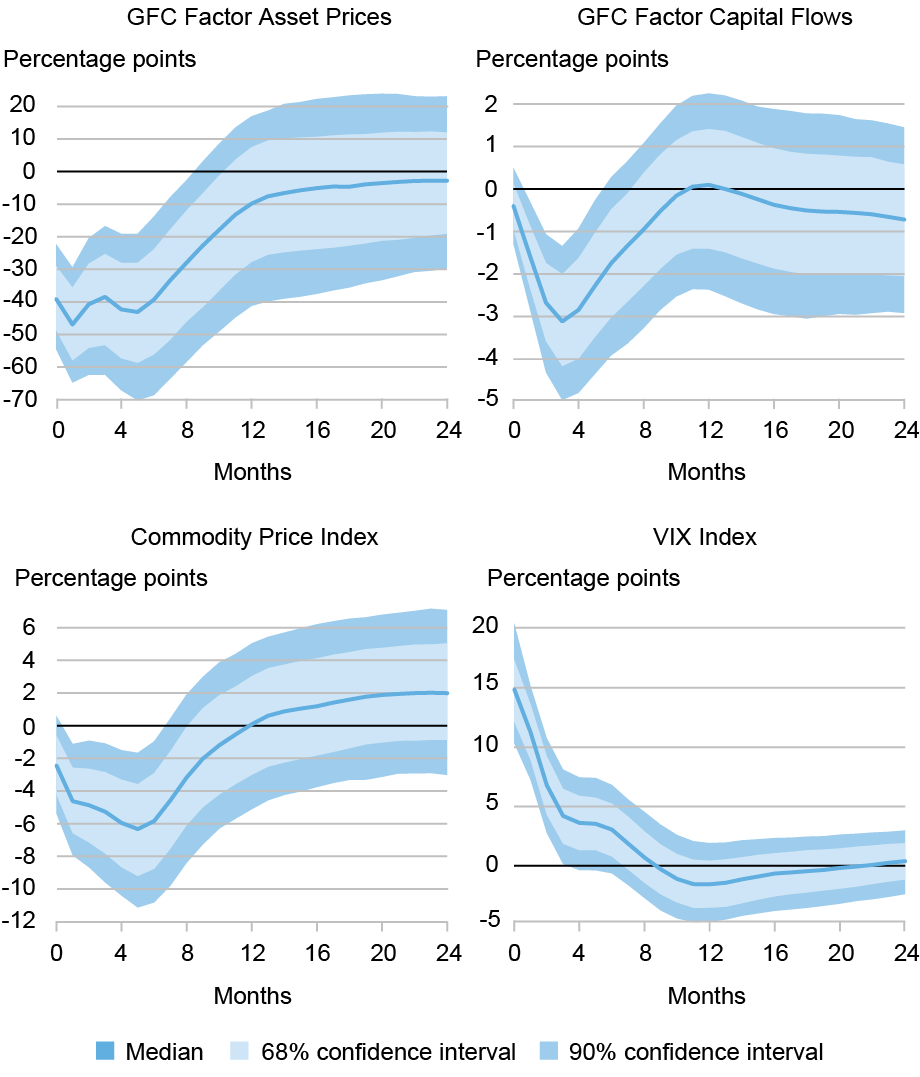Denmark Rejects U.S. Annexation of Greenland, Calls for Arctic Defense Collaboration
By archyde.com News Team | April 3, 2025
In a move that underscores the delicate balance of power in the Arctic, Danish Prime Minister Mette Frederiksen has firmly rejected any notion of the U.S.annexing Greenland.This stance, delivered during a three-day visit too the semi-autonomous Danish territory, emphasizes Denmark’s commitment to maintaining its sovereignty while fostering collaborative security measures with the United States.
Frederiksen’s visit aimed to solidify trust and cooperation with Greenlandic officials, especially after repeated assertions by U.S. President Donald Trump in recent years regarding the potential acquisition of the Arctic island. The Prime Minister directly addressed the United States during a press conference held aboard a military vessel against a backdrop of Greenland’s snowy cliffs, advocating for joint efforts to bolster Arctic security.
“I would like to take this opportunity to send a message directly to the United States of America,”
Mette Frederiksen, Prime Minister of Denmark
“This is not only about Greenland or Denmark, this is about the world order that we have built together across the Atlantic over generations,”
Mette Frederiksen, Prime Minister of Denmark
She added emphatically, “you cannot annex another country, not even with an argument about security.”
This firm statement reflects Denmark’s unwavering position on Greenland’s sovereignty and the importance of international cooperation in the Arctic region.
Vance’s Visit and Security concerns
Tensions preceding Frederiksen’s visit were heightened by U.S. Vice-President JD Vance’s recent inspection of a U.S. air base in Greenland. Vance openly criticized denmark’s handling of security on the island, suggesting that the United States could offer superior protection for the strategically vital territory. This criticism prompted a swift response from Frederiksen, who deemed Vance’s assessment “not fair.”
Vance’s remarks touched upon a sensitive nerve, particularly given the increasing geopolitical importance of the Arctic. As the ice caps melt, new shipping routes are opening, and access to untapped natural resources becomes more feasible, the region is attracting increased attention from global powers, including Russia and China.
Denmark’s Response: Investing in arctic Security
In response to concerns about Arctic security, Denmark has outlined concrete commitments, including the deployment of new Arctic-class ships, long-range drones, and enhanced satellite capabilities. Frederiksen has indicated that further investments are on the horizon,reinforcing Denmark’s dedication to safeguarding the region.
“If you want to be more present in Greenland, Greenland and Denmark is ready and if you would like to strengthen the security in the Arctic just like us, then let us do it together,”
Mette Frederiksen, Prime Minister of Denmark
this proactive approach aims to address criticisms and demonstrate Denmark’s capability and willingness to maintain security in the Arctic. by collaborating with the United States, Denmark seeks to leverage American resources and expertise while retaining control over its sovereign territory.
Diplomatic Reassurance from the U.S.
Adding a layer of diplomatic reassurance, U.S. Secretary of State Marco Rubio met with Danish Foreign Minister Lars Lokke Rasmussen on the sidelines of a recent NATO meeting in Brussels. According to Rasmussen, Rubio affirmed Greenland’s right to self-determination, a statement echoed by the State Department, which emphasized the “strong relationship” between the U.S. and Denmark after the meeting.
this affirmation of Greenland’s self-determination is crucial, given the ancient context of U.S. interest in acquiring the island. In 1946, the U.S. offered to buy Greenland for $100 million, an offer that was declined by Denmark. The renewed interest under the Trump administration sparked considerable debate about the geopolitical and economic value of Greenland.
The Future of U.S.-Danish Relations in the Arctic
The current situation presents a complex interplay of security concerns, economic interests, and sovereign rights in the Arctic. While the U.S. has expressed interest in greenland, Denmark remains steadfast in its commitment to maintaining sovereignty and fostering collaborative security measures.
Moving forward, a balanced approach that respects Greenland’s self-determination, strengthens U.S.-Danish cooperation, and addresses the growing geopolitical challenges in the Arctic is essential.This includes focusing on joint military exercises, intelligence sharing, and investments in infrastructure that benefit both the region and its inhabitants.
The situation also provides an opportunity for the U.S. to rethink its approach to foreign policy in the arctic, moving away from unilateral proposals towards a more collaborative and respectful partnership with Denmark and Greenland. This approach could serve as a model for managing other complex geopolitical challenges in the 21st century.
The U.S. could learn from other models of international cooperation in the Arctic, such as the Arctic Council, which promotes collaboration among Arctic states and Indigenous communities on issues such as environmental protection and sustainable development.
How might effective collaborative security measures between the U.S. and Denmark take shape, and what benefits would they offer?
Archyde Interview: Dr. Astrid Jensen on Arctic Security and U.S.-Danish Relations
Archyde.com – News Team | April 4, 2025
Introduction
Welcome, Dr. jensen. Thank you for joining us today. We’re eager to delve into the implications of Denmark’s recent stance regarding the U.S.’s interest in Greenland, particularly concerning Arctic security. For our audience, coudl you briefly introduce yourself and your expertise on this topic?
Expert Insight
Dr. Astrid Jensen: Certainly. I am Dr. Astrid Jensen, a Senior Researcher at the Arctic Policy Institute, specializing in geopolitics and international relations with a focus on the Arctic region. My work involves analyzing the evolving dynamics of power, resource competition, and security challenges within the Arctic Council and among the involved nations, including Denmark, the United States, and Greenland.
Denmark’s Sovereignty
Archyde: Denmark’s rejection of the U.S. perhaps annexing Greenland is a strong statement. What, from your viewpoint, are the key strategic reasons behind Denmark’s firm stance?
Dr. Jensen: Denmark’s firm stance is rooted in multiple strategic considerations.Sovereignty is paramount; Greenland is a semi-autonomous territory but fundamentally Danish. The political optics of allowing such a move, particularly after the history of the past U.S. interest,would be disastrous for Denmark’s international standing. Furthermore,maintaining control allows Denmark to shape policies regarding environmental protections and resource management in the Arctic,particularly as the ice melts and new shipping routes open up.
US and Arctic interests
Archyde: Vice President Vance’s criticism of Denmark’s security handling in Greenland seems to have heightened tensions. How do you view this in the broader context of the U.S.’s strategic interests in the Arctic?
Dr. Jensen: The U.S. undoubtedly has strategic interests in the Arctic, primarily related to missile defence, resource access, and controlling shipping lanes.Vance’s comments likely reflect concerns about perceived vulnerabilities in the region, given Russia and China’s increasing military and economic presence. The U.S. views Greenland as a strategic asset, a critical piece in its Arctic security posture.
Collaboration and Defense
Archyde: Denmark is advocating for collaboration rather than annexation. What form might effective collaborative security measures between the U.S. and Denmark take, and what benefits would they offer?
Dr. Jensen: Effective collaboration would likely involve increased joint military exercises,intelligence sharing,and infrastructure investments. This could involve modernizing airbases, enhancing surveillance capabilities, and deepening diplomatic ties. The benefits are twofold: improved security for the region, which benefits both nations, and the preservation of Denmark’s sovereignty.It’s a way for the U.S. to achieve its security objectives while respecting international norms and the self-determination of Greenland and Denmark.
Geopolitical Dynamics
Archyde: As the Arctic becomes more accessible due to climate change, Russia and China are increasing their presence. How is this influencing the dynamics between the U.S., Denmark, and Greenland?
Dr. Jensen: The rising interest from Russia and China is a key driver. Russia wants to dominate the Northern Sea Route, and China sees economic opportunities, especially in resource extraction. This creates much higher stakes for all involved. For the U.S.,it amplifies the need to ensure a strong presence and,for denmark,increases the importance of managing its strategic partnership with the U.S. in the context of its interests.
Future Outlook
Archyde: Looking ahead, what is the most likely trajectory for U.S.-Danish relations in the arctic, and what factors could significantly alter that path?
Dr. Jensen: The trajectory should be one of increased collaboration, but this is not guaranteed. Factors that could alter this path include shifts in U.S. leadership, heightened tensions with Russia or China in the Arctic, or new discoveries of significant resources. The key is for the U.S. to respect Denmark’s sovereignty and to foster open communication and shared strategic goals.Ideally, the Arctic Council, or similar formal international structures, can further guide interactions.
Reader Engagement
Archyde: Dr. Jensen, thank you for your insights. We would now like to turn to our readers. What do you believe is the most critical element to consider in managing the future of the Arctic between sovereign nations and international interests? Share your thoughts in the comments!
conclusion
Dr. Astrid Jensen: Thank you for having me. It’s crucial to remember that whatever we do must sustain the habitat as much as possible and protect the Arctic’s unique peoples.







